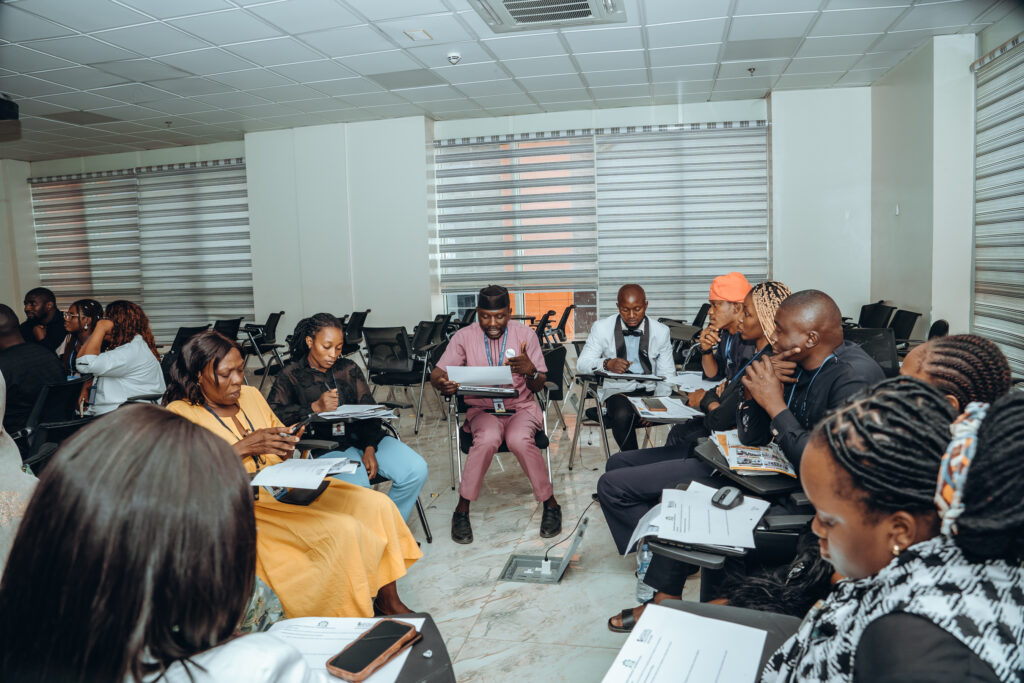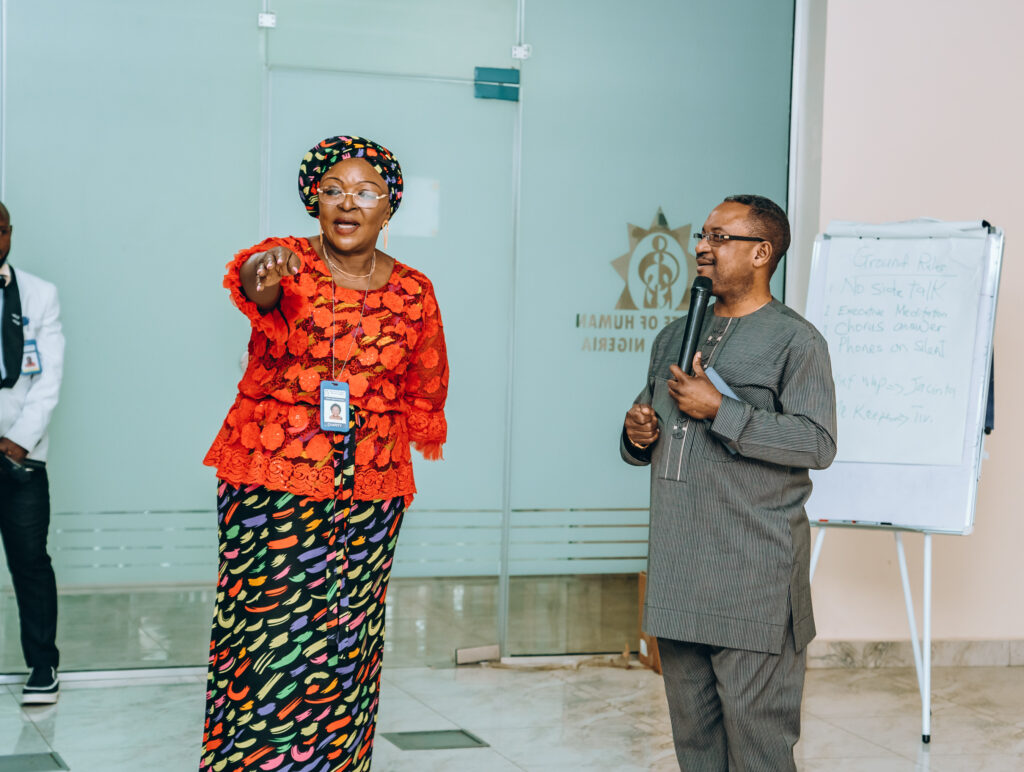EQUAL Researchers at the Institute of Human Virology Nigeria (IHVN) have called on the government and policymakers to improve the working conditions of midwives in conflict-affected areas to address poor maternal and newborn health outcomes in the country.
They made this call during a stakeholder meeting to disseminate research findings from Ensuring Quality Access and learning for Mothers and their Newborns in Conflict Affected Context (EQUAL) Consortium research focused on midwifery participation, retention, and resilience in Yobe State.
Principal Investigator of EQUAL at IHVN, Prof. Emilia Iwu stated that Nigeria has only six midwives per 10,000 people with the deficit worse in the North-East which has been affected by Boko Haram Insurgency.
Prof. Iwu who was represented at the dissemination event by EQUAL Project Co-Investigator, Dr. Charity Maina said that “conflict has caused widespread economic hardship, food insecurity, displacement of residents and health workers, and severe disruption of healthcare delivery, including the destruction and closure of some health centers. These factors have complicated efforts to recruit and retain midwives.
Initial study findings from our qualitative study underscore the need for targeted support and intervention to improve midwifery retention and support in rural and hard-to-reach communities,” she said.
The researchers highlighted the need for government and policymakers to strengthen midwifery education, improve working conditions through incentives, develop management guidelines, address misconceptions, and enhance safety training.
“The country needs to prioritize increased salaries, hazard allowances, secure transportation, and housing, and establish mentorship programs to continually support midwives in high-risk areas,” Dr. Maina stressed.
The researchers further noted the need for a clear career progression pathway for midwives and an extension of hospital postings with hands-on practice for thorough training to increase the confidence of midwives.
On security training, the researchers recommended training midwives on personal security, emergency protocols, psychological support, mental health check-ups, and peer support groups.
At the meeting, IHVN Chief Operating Officer and Managing Director, Dr. Charles Olalekan Mensah, gave the opening remarks. He welcomed participants and emphasized the importance of collaborative efforts in strengthening MNCH services
The dissemination event brought together representatives from international partners, the Foreign, Commonwealth & Development Office (FCDO), the International Rescue Committee (IRC), the Federal Ministry of Health, the National Primary Health Care Development Agency, the Yobe State Ministry of Health, amongst others to discuss research findings and share insights on the recommendations.
EQUAL is a multi-country research consortium generating evidence on effective approaches to deliver life-saving maternal and newborn health care in countries affected by conflict. IHVN is participating in this research funded by UK Department for International Development (DFID) and led by the International Rescue Committee -IRC. Other EQUAL partners are the Johns Hopkins Bloomberg School of Public Health, and its university-wide Center for Humanitarian Health, the Somali Research and Development Institute, and Université Catholique de Bukavu (Democratic Republic of Congo). The project is aimed at identifying and filling evidence gaps that could ultimately improve policies, programming, and outcomes for mothers and newborns.



